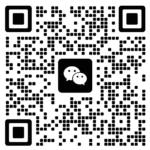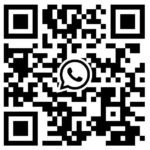
Latest Apple Interview Questions
Apple Interview FAQs
What skills and experience are needed to become an Apple Software Engineer?
Typically, Apple looks for engineers with a solid foundation in data structures, algorithms, operating systems, distributed systems, and more. Familiarity with multiple programming languages such as Swift, Objective-C, C++, Java, Python and a strong understanding of the full software development lifecycle is also important. Relevant work experience (especially in large, complex systems) is often a plus.
What is the interview process for Apple Software Engineer?
Apple's interview process usually consists of several stages:
Resume Screening: The Human Resources department will first screen applicants' resumes.
Phone interview/online coding assessment: One or two technical phone interviews may follow, focusing on programming skills and fundamentals.
On-site Interview: If you pass the phone interview, you will be invited to the Apple campus for multiple rounds of on-site interviews, which typically include whiteboard programming, system design, and behavioral interviews.
What is the day-to-day work like as a Software Engineer at Apple?
Daily tasks will vary greatly depending on the team and project. You may be involved in product design, code writing, testing, debugging, performance optimization, documentation, and more. Teamwork and cross-functional communication is an important part of daily work.
What is the career path for an Apple Software Engineer?
Apple offers multiple career paths for software engineers, including Individual Contributor and Management. You can choose to focus on technical depth and become a Senior Engineer or Principal Engineer, or you can move into management and lead a team. Apple also encourages internal transfers to explore different product and technology areas.
What does Apple look for most when hiring software engineers?
In addition to technical skills, Apple values a candidate's problem-solving, learning, communication, teamwork, and attention to detail. Understanding and enthusiasm for Apple products and culture are also important considerations.
How to Prepare for an Apple Software Engineer Interview?
The key to preparing for an interview is:
Solid foundation: Review the basics of data structures, algorithms, operating systems, and networking.
Programming Exercise: Proficiency in one or two programming languages and lots of practice with algorithmic problems (e.g. LeetCode).
System Design: Learn and practice system design problems and understand how to build scalable, reliable systems.
Understanding Apple: Research Apple's products, technology, and company culture.
Behavioral Interview Preparation: Be prepared to answer questions about teamwork, conflict resolution, project experience, etc.

